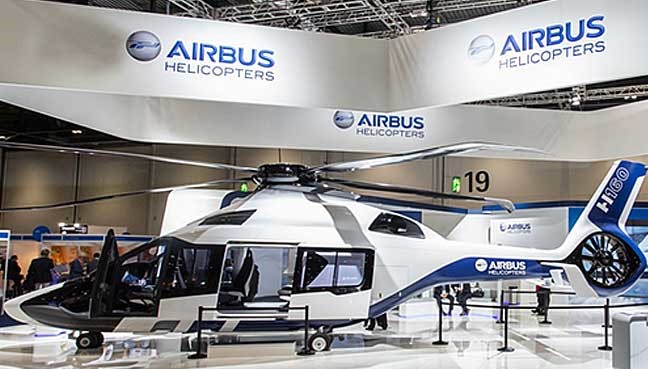

Airbus Helicopters has recently announced its collaboration with TRUMPF for the use of its 3D printing technology to produce titanium and aluminium components for its helicopter vehicles and Airbus aircraft. In this partnership, TRUMPF will supply multiple metal 3D printing systems to Airbus Helicopters’ new 3D printing centre in Donauwörth, Germany.

The company aims to use TRUMPF’s 3D printing technology to produce structural components made of high-strength aluminium for its electric-powered CityAirbus experimental high-speed Racer helicopter, as well as the Airbus A350 and A320 passenger aircraft.
Additive manufacturing technology has become increasingly relevant in the aerospace industry due to its potential to reduce weight, leading to lower fuel consumption and costs. Airbus Helicopters has been investing heavily in the technology and exploring part consolidation of some systems to further reduce weight.
This collaboration with TRUMPF is aimed at achieving the same goals. The company values the capacity to reuse powder in the production process, which is another advantage of additive manufacturing.
The Site Manager at Airbus Helicopters in Donauwöth, Helmut Fárber, exclaimed: “With innovative manufacturing processes, we are working on the helicopters of the future in Donauwörth. Among other things, 3D printing helps reduce the weight of components.”
The CEO of TRUMPF Laser and System Technology, Richard Bannmueller, remarked: “With its manufacturing know-how, TRUMPF is a reliable partner to the aviation industry worldwide. Our 3D printing systems are a key technology on the path to sustainable flying and reduced dependency on long supply chains. Additive manufacturing saves expensive raw materials and can lower production costs in the aviation industry. 3D printers only use the material that designers actually need for their components, and that ends up taking off in the aircraft.”
Airbus, like many other aerospace manufacturers, has shown a keen interest in additive manufacturing technology for several years. Recently, the company signed a 3.8 million EUR contract with Oerlikon for the additive manufacture of satellite antenna clusters, further demonstrating its commitment to exploring and utilizing the potential of additive manufacturing in the aerospace industry.
Responses








